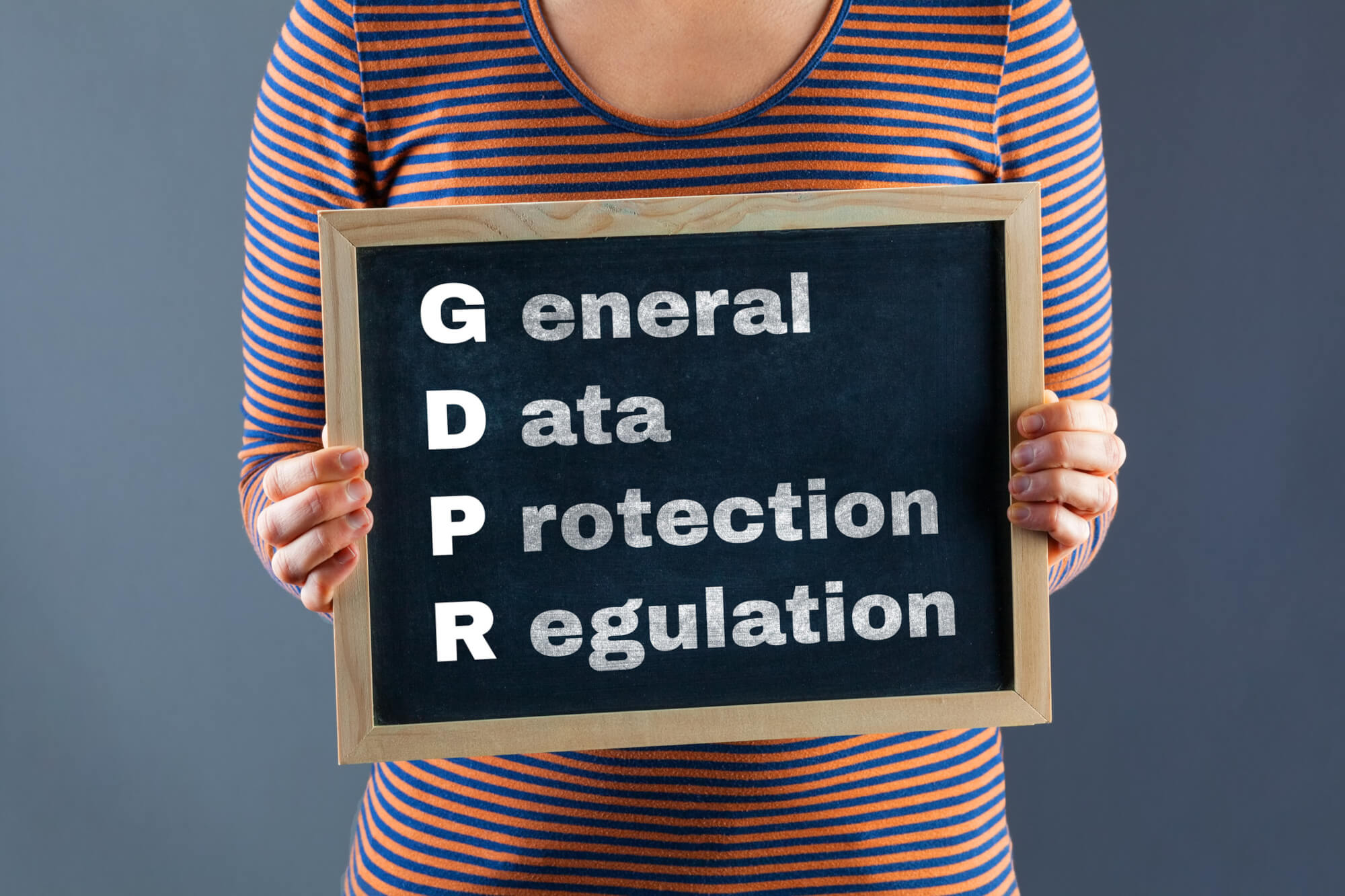GDPR for Schools and Academies

The General Data Protection Regulation (GDPR) is a European Union (EU) law that sets the standards for how personal data is collected, stored, used, and shared. It applies to all companies and organisations that process the personal data of EU residents, regardless of where they are located.
Prior to Brexit, the UK was a member of the European Union and was directly subject to the EU's General Data Protection Regulation (GDPR). After Brexit, the UK transitioned to its own data protection regime, which is largely based on the GDPR but incorporates some UK-specific modifications.
So whilst the UK GDPR is largely aligned with the EU GDPR, there are some differences. It's important for businesses and organisations operating in the UK to be aware of these differences and ensure compliance with both UK and EU data protection laws. Key differences include:
| UK | EU | |
|---|---|---|
| Enforcement Body | The Information Commissioner's Office (ICO) is the UK's independent supervisory authority responsible for enforcing the UK GDPR. | The European Data Protection Board (EDPB) is the EU's highest body for data protection cooperation. It provides guidance and coordinates the work of national data protection authorities (DPAs). |
| Data Adequacy | The European Commission has deemed the UK's data protection regime to be adequate, meaning personal data can continue to flow freely between the EU and the UK without additional safeguards. | While the UK has been deemed adequate, the European Commission can review this decision and potentially suspend it if the UK's data protection standards are deemed to deteriorate. |
| Fines | The ICO has the power to impose fines of up to £17.5 million or 4% of global annual turnover (whichever is higher) for serious breaches of the UK GDPR. | DPAs in the EU can impose fines of up to €20 million or 4% of global annual turnover. |
| Data Retention | The UK GDPR does not have explicit provisions on data retention periods. However, it requires data to be retained only for as long as necessary to achieve the purpose for which it was collected. | The EU GDPR does not prescribe specific data retention periods but requires data to be retained only for as long as necessary to achieve the purpose for which it was collected, taking into account the applicable legal requirements. |
| Data Subject Rights | The UK GDPR generally aligns with the EU GDPR in terms of data subject rights, such as the right to access, rectify, erase, restrict processing, data portability, and object to processing. However, there may be minor differences in the wording or scope of these rights. | |
| International Data Transfers | The UK has its own international data transfer regime, which includes the adequacy mechanism used for the EU. However, the UK may also use other mechanisms, such as standard contractual clauses or codes of conduct, for data transfers to countries outside the EU/EEA. | The EU GDPR has specific rules for international data transfers, including the adequacy mechanism and other mechanisms like standard contractual clauses or codes of conduct. |
It's important to note that while these are some of the key differences, the UK GDPR and EU GDPR are largely aligned. Businesses and organisations operating in the UK should ensure compliance with both sets of rules to avoid penalties and protect their customers' data.
Key GDPR Points for Schools & Academies in the UK
Scope
GDPR applies to all schools in the UK that process the personal data of EU residents, even though the school itself is not located within the EU.
Consent
Schools must obtain explicit consent from individuals before collecting and processing their personal data. This includes data such as names, addresses, contact information, and academic records.
Data Minimisation
Schools should only collect and process the personal data that is necessary for their legitimate purposes. This means avoiding the collection of excessive or irrelevant data.
Data Security
Schools must implement appropriate technical and organisational measures to protect personal data from unauthorized access, loss, or alteration. This includes measures like encryption, access controls, and regular data backups.
Data Breach Notification
In the event of a data breach, schools must notify the relevant supervisory authority and affected individuals without undue delay.
Data Subject Rights
Individuals have the right to access, rectify, erase, restrict processing, object to processing, and data portability of their personal data. Schools must comply with these rights.
Data Transfer
If schools transfer personal data to countries outside the EU, they must ensure that adequate safeguards are in place to protect the data. This often involves using standard contractual clauses or certification mechanisms.
Additional GDPR Considerations for Schools & Academies
Age of Consent
The age of consent for GDPR purposes varies across EU member states. International schools should be aware of the age of consent in the countries where their students reside.
Special Categories of Data
Schools may need to handle special categories of data, such as health data or biometric data. This requires additional safeguards and conditions for processing.
Data Retention
Schools should have clear policies for data retention, ensuring that personal data is not kept for longer than necessary.
Privacy Impact Assessments
For high-risk processing activities, schools may need to conduct a privacy impact assessment to identify and mitigate potential risks.
By understanding and complying with GDPR, schools can ensure that they are protecting the privacy and rights of their students and staff.
SSS Learning
7 October 2024